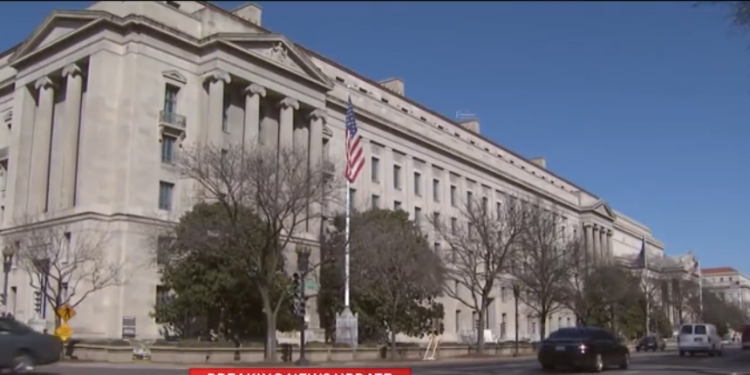Texas has agreed to end in-state tuition for undocumented immigrants after the U.S. Department of Justice (DOJ) filed a lawsuit challenging the policy, calling it unconstitutional and discriminatory against out-of-state American students.
The DOJ’s lawsuit argued that Texas unlawfully gave preferential treatment to undocumented students by offering them in-state tuition, while out-of-state U.S. citizens had to pay higher rates. In response, Texas Attorney General Ken Paxton, in coordination with the Trump administration, filed a joint motion to terminate the law.
The change aligns with the Trump administration’s broader crackdown on immigration, which includes executive orders aimed at preventing “benefits or preferential treatments” for undocumented individuals.
Background: A 2001 Law for ‘Dreamers’
In 2001, Texas passed a law allowing certain undocumented immigrants—often referred to as “dreamers”—to qualify for in-state tuition if they met specific residency requirements. This policy had remained in effect for over two decades.
However, the DOJ claimed the law violated federal statutes by offering benefits to non-citizens that were not extended to all U.S. citizens. Paxton echoed this view, stating in court filings that Texas law “explicitly denies resident-based tuition rates to U.S. citizens that do not qualify as Texas residents” while granting them to undocumented immigrants.
The U.S. District Court for the Northern District of Texas sided with the DOJ, declaring the 2001 law unconstitutional. The court issued a permanent injunction barring Texas from enforcing it.
“In-state tuition for illegal immigrants in Texas has ended,” Governor Greg Abbott confirmed in a post on X (formerly Twitter). “Texas is permanently enjoined from providing in-state tuition for illegal immigrants.”
Texas lawmakers have attempted to repeal the in-state tuition policy before, but such efforts had repeatedly stalled. Last month, the state senate advanced a bill to formally disqualify undocumented students from receiving in-state tuition—and even require those who previously benefited from it to repay the difference.
Currently, 24 states and Washington, D.C., still offer in-state tuition to undocumented students. However, that landscape is shifting: Florida repealed its 2014 law earlier this year, with the change taking effect on July 1.









